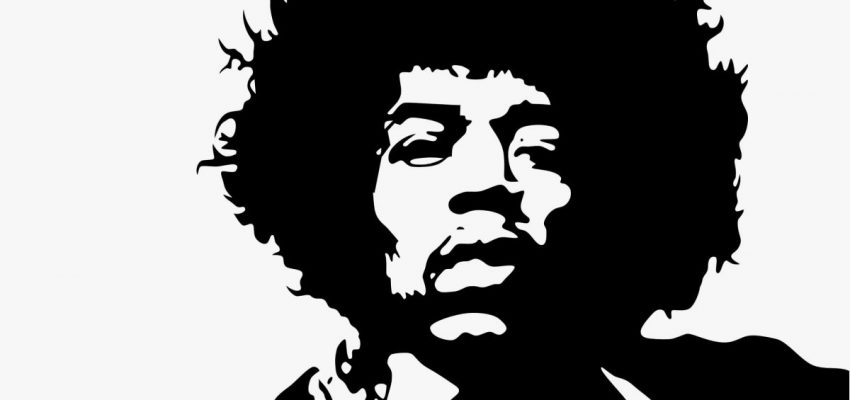
When was the electric guitar invented? (Electric guitar history timeline)
By
Oli Braithwaite

Electric guitar history is a fascinating subject and there’s enough information out there to keep you reading for weeks.
If you’d prefer to cut to the chase with a neat and tidy list of the most important points—you’re in the right place. Read on to find out about the major inventors, influencers and inspiring figures in the electric guitar history timeline.
Section list
When was the electric guitar invented?
Electric guitar history timeline: the great luthiers & guitar brands
Antonio de Torres Jurado
(1817 – 1892)
- Jurado was a Spanish guitarist and luthier.
- He designed 6-string guitars that defined the shape and proportions of the modern guitar.
- He’s considered the original master maker of the 6-string guitar.
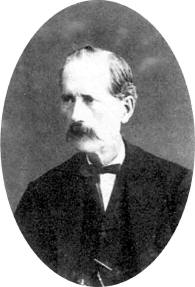
Orville H. Gibson
(1856 – 1918)
- Gibson was a luthier who founded the Gibson Guitar Company.
- Between the turn of the 20th century and the 1940’s, Gibson released several popular 6-string guitar models.
- The Gibson Guitar Company would go on to collaborate with guitarist Les Paul in 1941 to produce the Gibson Les Paul electric guitar, one of the most popular electric guitars of all time (pictured in the image).
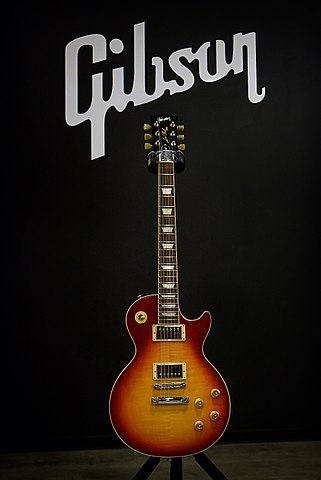
Adolph Rickenbacker & George Beauchamp
(1886 – 1976) & (1899 – 1941)
- They established the Ro-Pat-In Company in 1931 (ElectRo–Patent-Instruments) choosing the brand name Rickenbacher and later altering the spelling to Rickenbacker.
- Rickenbacker released the Frying Pan Guitar (name owing to its long neck and circular body) in 1932 which became the first commercially available electric guitar.
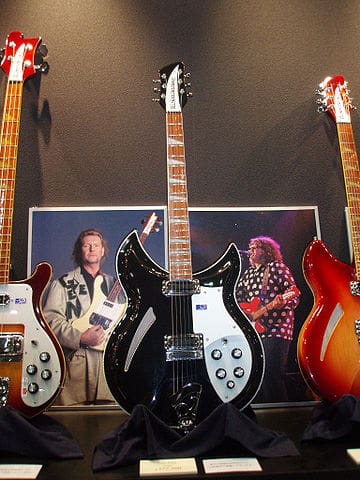
Leo Fender
(1909 – 1991)
- Founded the Fender Electric Instrument Manufacturing Company which would later become known simply as Fender.
- In 1950, Fender introduced the Telecaster, the world’s first solid-body Spanish-style electric guitar to be mass-produced.
- In 1954, Fender released the Stratocaster (Strat) guitar, one of the most iconic electric guitars of all time.
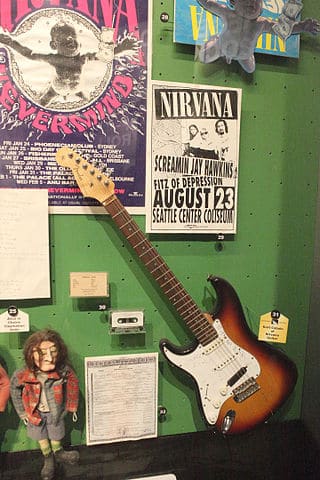
Electric guitar history timeline: the game-changing guitarists
Robert Johnson
(1817 – 1892)
- Johnson was an American blues singer-songwriter and musician.
- Recognized as the Master of The Blues.
- Rock and Roll Hall of Fame inductee.
- A big influence to many guitarists ahead of his time.
Learn more by searching in Music Research Engine.
Charlie Christian
(1916 – 1942)
- Christian was an American swing and jazz guitarist.
- He helped bring the guitar out of the rhythm section and into the spotlight as a solo instrument.
- He was inducted into the Rock and Roll Hall of Fame under the category of Early Influence.
- Considered as a founding father of the bebop sound.
Albert King
(1923 – 1992)
- King was an American blues guitarist.
- Rock and Roll Hall of Fame inductee.
- One of the people who popularised the use of the electric guitar.
- One of the Three Kings of Blues including B.B. King and Freddie King.
B.B. King
(1925 – 2015)
- King was an American blues singer, electric guitarist, songwriter, and record producer.
- Considered to be the Most Influential Blues Musician of All Time.
- He revolutionised the way electric guitars are used with his inventive playing style.
- Called The King of The Blues.
- Rock and Roll Hall of Fame inductee.
Chuck Berry
(1926 – 2017)
- Berry was an American singer, songwriter and guitarist.
- One of the pioneers of rock and roll music.
- Redefined rhythm and blues into rock and roll.
- One of the first inductees of the Rock and Roll Hall of Fame.
Link Wray
(1929 – 2005)
- American rock and roll guitarist.
- Released the highly influential single ‘Rumble‘ in 1958 which was one of the first songs to feature distorted electric guitar, feedback and power chords, now the mainstay of rock music.
Freddie King
(1934 – 1976)
- Was an American blues guitarist and singer.
- Rock and Roll Hall of Fame inductee.
- Inspired several musicians including Eric Clapton.
Jimi Hendrix
(1942 – 1970)
- Hendrix was a pioneering American rock guitarist, singer, and songwriter.
- The Rock and Roll Hall of Fame named him “The greatest instrumentalist of rock music”.
- He popularised the use of the wah wah pedal used for which alters the tone of the guitar signal to create a distinctive sound.
- Rock and Roll Hall of Fame inductee.
Guitar history timeline: beyond blues, rock & pop
Jazz guitarists
- Wes Montgomery
- Django Reinhardt
- Jim Hall
- George Benson
- Grant Green
Classical guitarists
- Andrés Segovia
- John Williams
- Julian Bream
- Jason Vieaux
- Francisco Tárrega
Final thoughts on the electric guitar history timeline
Even if you’re not a history buff, don’t know what an oud is (bet you want to look that up now though…) or really only have time for the smallest amount of extra reading, you can now at least enjoy knowing that as an electric guitar player you are actually part of a very, very long tradition.
Making music is good for the soul and judging by the backstory of this instrument, the guitar has been a crowd-pleaser for generations.
If you are a history buff, tell us if we missed anything important in our wrap-up of guitar history. We’d love to hear from you, so please leave a comment.
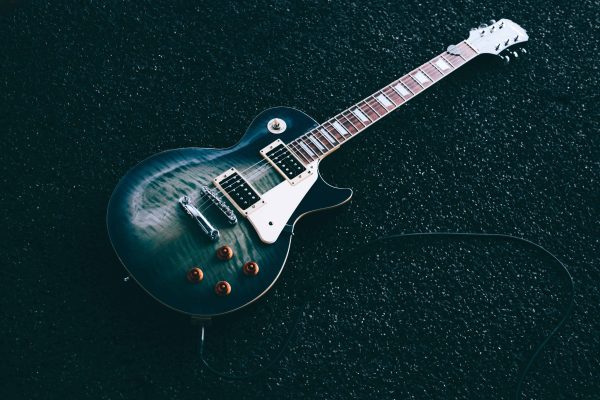 Jump to a section of this page:
Jump to a section of this page: